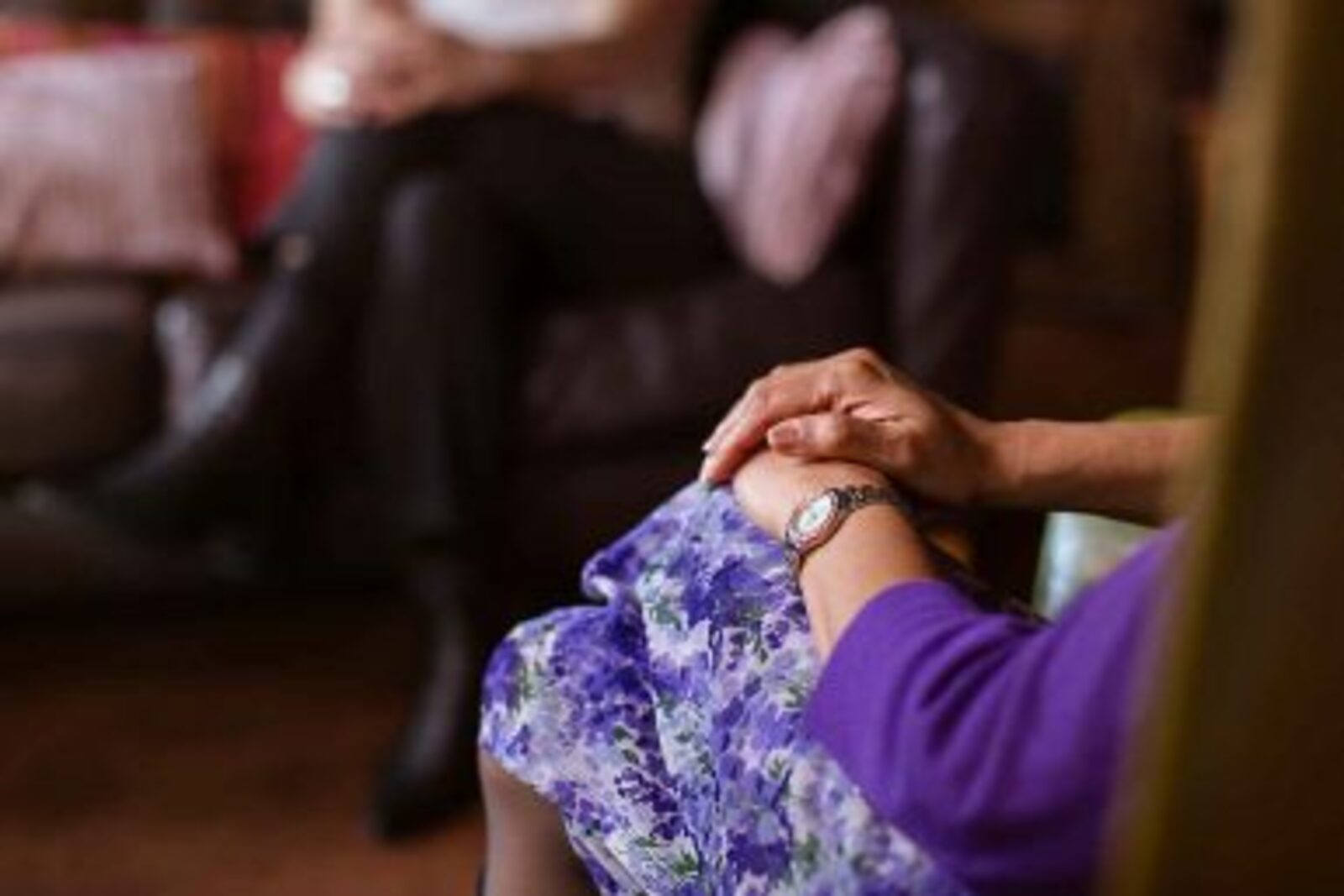November as a whole month can be a hard time for many people as it becomes darker earlier, and the cold weather makes it hard for us to do some of the activities we enjoy. November is also a month of reflection and remembrance. At Cardinal Clinic we understand that Remembrance Day can be a difficult day for many people, some of them being Veterans.
Many Veterans find themselves dealing with Post-Traumatic Stress Disorder (PTSD) and they may find that their symptoms may worsen on Remembrance Day or around the month of November. It is important to remember that if you do struggle with PTSD, you are not alone. The feelings you experience are understood and there is support available to help you so you do not have to face PTSD alone.
What does PTSD do to a person?
Post Traumatic Stress Disorder (PTSD) is a collection of reactions, feelings and thoughts that are experienced following a distressing event which is outside the ‘norms’ of everyday life.
What are the symptoms of PTSD?
- Recurrent intrusive thoughts and recollections of the event
- Changes in sleep pattern
- Vivid dreams of the event
- Changes in self esteem
- Numbed responses to events that would normally evoke a reaction
- Poor concentration
- Feelings of detachment
- A sense of needing to be ultra-alert
- A sense of being vulnerable
- Avoidance of places or activities that remind you of that event
- Continuing nightmares
- Work performance suffers
If you experience any of these symptoms, there are techniques that you can try yourself to try and reduce PTSD symptoms. If you still find yourself suffering after trying the techniques below, then you should seek help from a professional.
How do you calm down PTSD symptoms?
- Focus on your breathing- when you are scared, you sometimes start to panic and therefore lose control of your breathing. If this happens, try to revert your attention back to your breathing.
- Remind yourself that you are safe- reminding yourself that you are now safe will help bring you back to the present moment
- Get comfortable- recognise ways that make you feel comfortable, for example curl up in your favourite blanket, read a book, watch a film, or listen to some calming music
- Keep a diary-by keeping a note of when you felt certain emotions and at what points will allow you to spot patterns to try and notice your symptoms early
- Try grounding techniques- alongside focusing on your breathing, you can describe your surroundings out loud to connect yourself with the present moment
- Get to know your triggers-by familiarising yourself with your triggers and noticing early signs from the beginning it will help reduce the number of times you may feel overwhelmed with PTSD
For more information about PTSD and treatments visit https://cardinalclinic.co.uk/conditions/ptsd/ . If you feel like you need professional help, we are a private mental health hospital in Windsor with nurses on hand 24 hours a day who provide expert clinical treatment. Research has found that 1 in 4 people will experience a mental health problem of some kind each year in England and we are here to ensure you do not have to face it alone. For more information visit cardinalclinic.co.uk or call 01753 869755 for help and advice.


